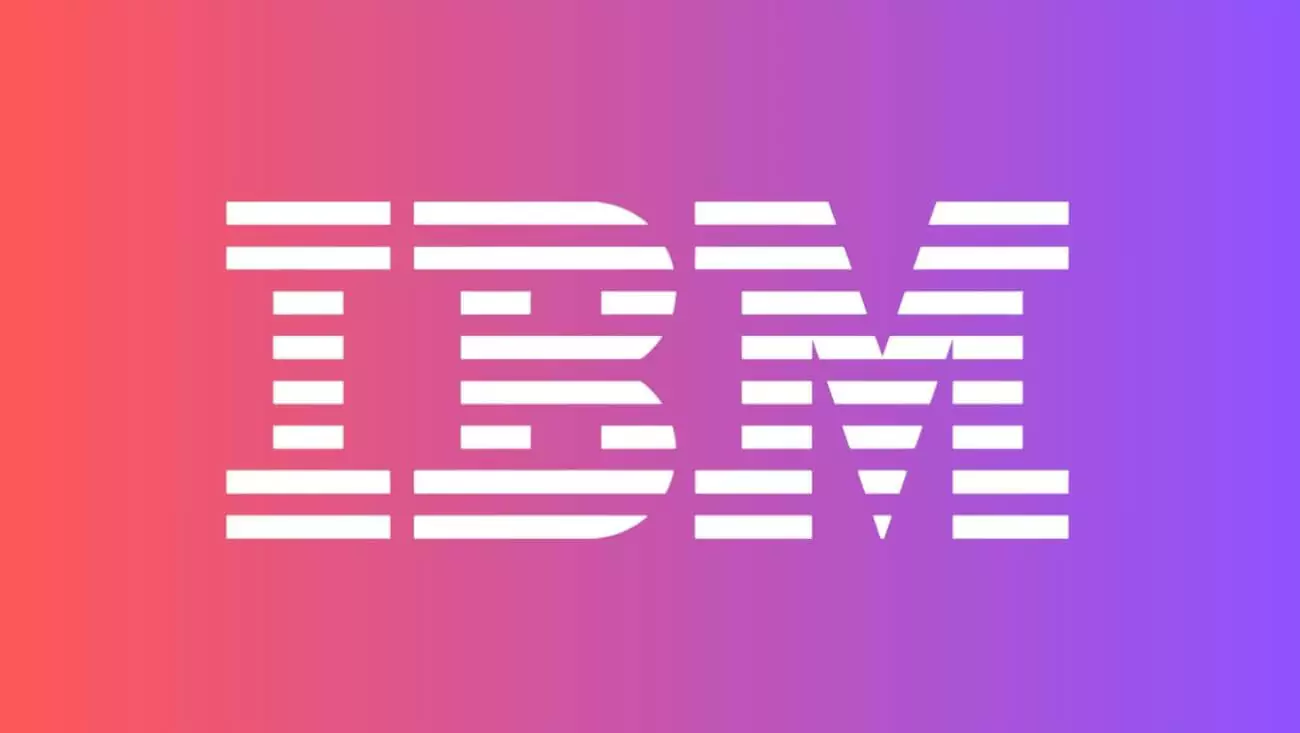IBM is doubling down on its AI ambitions with a suite of new tools and a massive $150 billion investment in the U.S. over the next five years, unveiled at its Think 2025 conference. The tech giant is focusing on accelerating the adoption of AI agents for enterprises, offering solutions that simplify deployment, improve integration, and meet the rising demand for AI-driven enterprise solutions. With these advancements, IBM aims to solidify its position as a leader in the enterprise technology landscape, helping businesses transition from AI experimentation to full-scale implementation.
Central to IBM’s announcements is the enhancement of its watsonx platform, launched in 2023, which now features new agentic AI capabilities tailored for enterprise needs. A standout offering is the AI Agent Catalog, a centralized repository providing pre-built agents for functions like customer service, supply chain management, and financial operations. These agents are powered by IBM’s Granite models as well as third-party models from Meta and Mistral, and can be customized to integrate with systems from Salesforce, Workday, and Adobe. IBM CEO Arvind Krishna highlighted that businesses can now create tailored AI agents in under five minutes, a feature designed to drive business efficiency and scalability.
The new tools emphasize multi-agent collaboration, enabling enterprises to orchestrate fleets of AI agents for mission-critical tasks while ensuring robust security and governance. The updated watsonx Orchestrate platform now facilitates agent-to-agent communication, allowing businesses to build intelligent systems that automate complex workflows. For instance, a manufacturing firm could deploy agents to monitor production, predict maintenance needs, and manage logistics simultaneously, all while maintaining compliance with industry standards. IBM’s adoption of the Model Context Protocol (MCP) further enhances interoperability, allowing tools with an MCP interface to integrate seamlessly with watsonx Orchestrate, fostering an open ecosystem for enterprises using frameworks like Langchain or Crew AI.
IBM’s $150 billion U.S. investment, announced in April 2025, aims to bolster AI and quantum computing infrastructure domestically. This funding will support the manufacturing of mainframe computers—a core part of IBM’s business for over six decades—as well as the development of quantum computers. Krishna emphasized the potential for a “healthy market” in AI, mainframes, and quantum computing, noting that the investment will help IBM stay competitive against cloud giants like Amazon Web Services and Microsoft. IBM’s hybrid cloud solutions, which enable clients to manage data across multiple clouds or on-premises systems, have already driven a $6 billion book of business in generative AI, fueled by demand for models like ChatGPT.
Addressing the challenges of scaling AI, IBM’s strategy focuses on security, governance, and measurable ROI. Ritika Gunnar, IBM’s General Manager of Data and AI, stressed the importance of enterprise-grade deployments that meet the same standards as mission-critical applications. IBM’s AI Integration Services, launched earlier in 2025, leverage the expertise of IBM Consulting’s 75,000 AI-trained consultants to help clients transform business processes with agentic AI. With 135,000 industry credentials, IBM is well-equipped to support industries like banking, telecommunications, and the public sector, ensuring data privacy and regulatory compliance.
The broader AI market is shifting toward coordinated deployments, with enterprises moving from AI assistants to autonomous AI agents. IBM is capitalizing on this trend with its agentic AI offerings, but it faces stiff competition from players like Google (with its Agent2Agent framework) and Cisco (part of the AGNTCY open framework), both of which are advancing agent-to-agent communication. IBM’s open approach—supporting third-party agents and MCP integration—gives it an edge, but staying ahead will require continuous innovation in the enterprise AI sector.
IBM’s latest initiatives point to a future where AI agents are integral to enterprise operations, offering businesses the tools to automate, optimize, and innovate at scale. The combination of new AI capabilities and significant U.S. investment positions IBM to meet the growing demand for secure, scalable AI solutions. As enterprises navigate the complexities of AI adoption, IBM’s focus on integration, governance, and collaboration could make it a key partner for businesses globally. What are your thoughts on IBM’s new AI tools and investment strategy, and how might they influence your organization’s AI adoption? Share your perspective in the comments—we’d love to hear your insights on this significant development.







